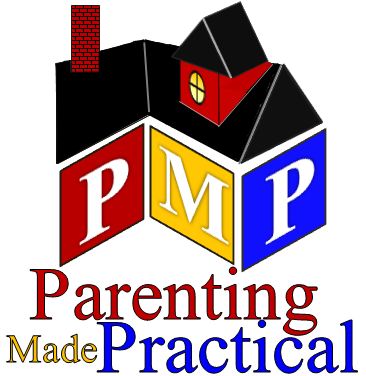
“Pick up your toys.” “Clean your room.” “Be good.” “Stay out of trouble.” “Settle down.” “Be kind to your sister.” “Let your brother go first.” These are common statements made by every parent. As parents, we need to give our children the ‘moral reason why’. Which of the statements above would be ‘moral’ in context? Depending on the way your children do the tasks, they all could be. A task, such as picking up toys, is just that, a task. Unless of course, it is done incorrectly. It could become rebellion, or maybe not. If it is rebellion, it is usually done in anger. You know your child just didn’t want to do it. How do you know if it is not rebellion? The answer is simple: Did they know how to do it in the first place?
The problem today is we get so busy things slip between the cracks. In other words, have you told them ‘how’ to do the task? When you give your kids a task to complete, you have a picture in your mind of how it should be done. Do your kids come up with the same picture? The only way they could is if you have specifically showed them how you want it done, and this must be age-appropriate. When my girls were in preschool, I had their toys in bins. I would carefully sort them each week into the bins, and expected them to stay that way when the girls put their toys away. They didn’t stay that way and the toys would be such a jumble the girls could never find the toy they were looking for, a frustrating occurrence.
My mom was visiting one time when this happened, and she asked me how the girls knew what went into each bin, as they were all the same color. We went out and got different colored bins. That problem was solved, as all I had to do then was say, “Please put your books in the red bin.” With older kids, do they know exactly what you expect to see when you say, “Pick up your room?” My son, when in 5th grade once said to me, “My room is picked up!” He had picked everything up off the floor and put them in piles on his dresser and shelf. We set some guidelines that worked for both of us.
“Be good” “Stay out of trouble” and “Settle down” are neutral statements. You really expect your kids, especially if they are with other kids to stop and define what ‘good’ or ‘trouble’ looks like, or to know what you mean by ‘settle down’? A different way of handling this would be to say, “Stay out of trouble. Give me two examples of what you think I mean by trouble.” ‘Trouble’ can vary given the circumstance, so having them define it on the spot puts you and your child on the same page.
Instead of telling your son to be kind to his sister, ask him to give you one way he can show kindness to her. If he doesn’t know, have him sit until he comes up with something. Then ask him if he is willing to do what he came up with at that time. Again, if he says no, he sits until he is willing.
The best way to teach your children the ‘moral reason why’ is to talk about it as you go about the normal tasks of the day. When you read a book to a young child, ask a couple questions like, “Why do you think the elephant thought he should be kind to the turtle?” When my kids could read for themselves, when I was making dinner or folding laundry, I would ask one of them to come and read to me and then we could talk about ‘the moral reason why’.
Asking questions will show you what they know. One of my daughters was impulsive and always wanted to be first. To work on this, we told her she had to wait to get in the car when we were going somewhere until her siblings got in. I asked her why I wanted her to do this, and she immediately said it was because she pushed her way in to be first. When I asked her why this was wrong, she said because it was not fair. That was an acceptable answer for a 1st grader. That is the other thing to keep in mind when teaching your children the ‘moral reason why’, it changes, not in definition but in application with age. Keep your ‘defining’ as simple as they have the maturity to understand.
